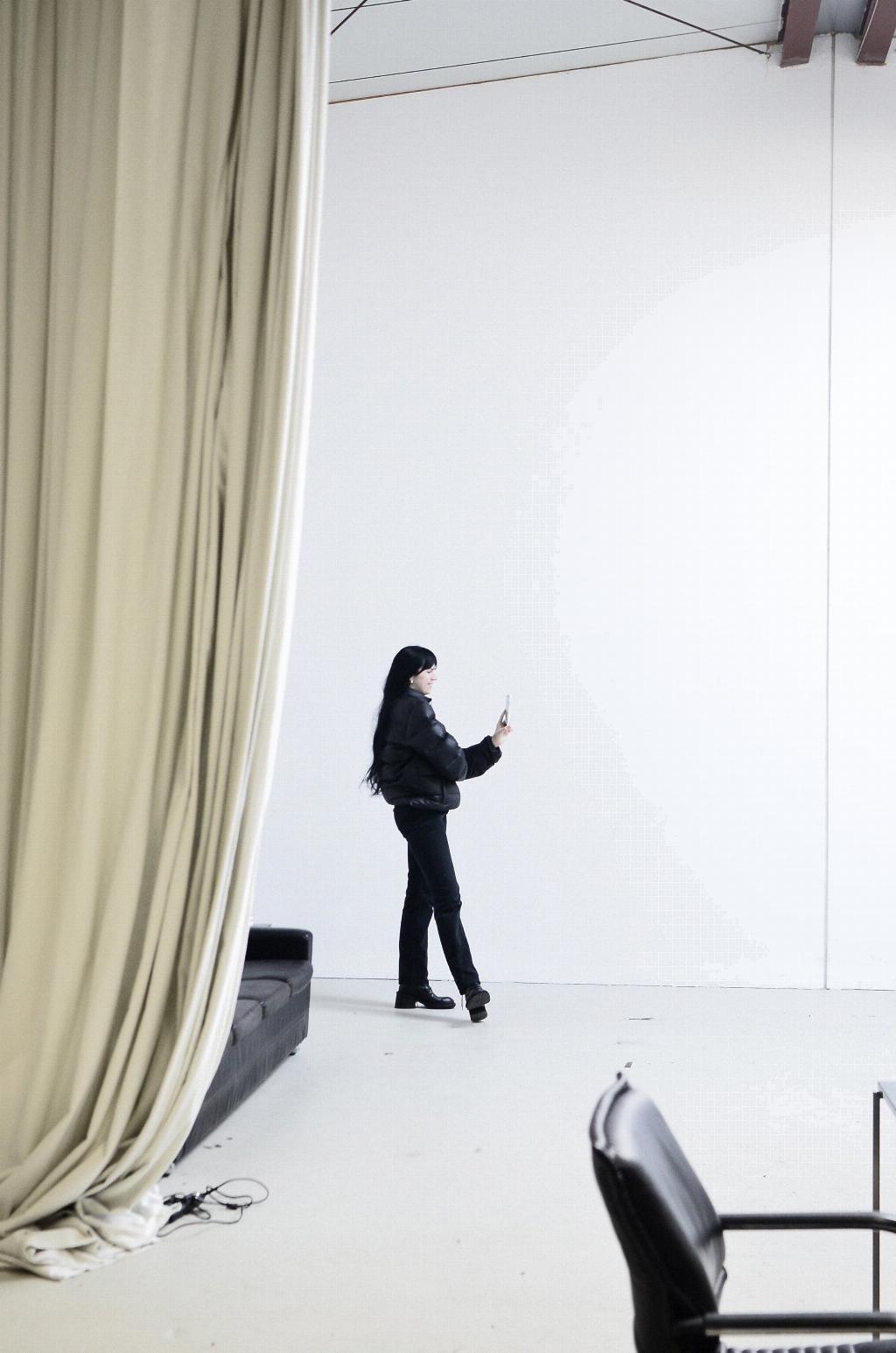Spotting after intercourse can be a concerning experience for many individuals, prompting questions about its underlying causes. One common question that arises is whether spotting after intercourse indicates the possibility of pregnancy. While spotting after intercourse can be linked to pregnancy in some cases, it is essential to consider various factors that could contribute to this occurrence.
Spotting in Pregnancy
Spotting or light bleeding can occur during early pregnancy for some women. This light bleeding is known as implantation bleeding and can be mistaken for spotting after intercourse. However, not all cases of spotting after intercourse are related to pregnancy. It is crucial to consider other potential causes before jumping to conclusions.
Other Causes of Spotting After Intercourse
Spotting after intercourse can be triggered by various factors unrelated to pregnancy. One common cause is vaginal dryness, which can result in irritation and light bleeding during or after sex. Additionally, certain infections or inflammations in the genital area can also lead to spotting. It is essential to consult a healthcare provider to determine the specific cause of spotting after intercourse.
Understanding Menstrual Cycle Changes
Changes in the menstrual cycle can also influence spotting after intercourse. For some individuals, hormonal fluctuations can result in irregular bleeding patterns, including spotting after intercourse. It is crucial to track these changes and discuss them with a healthcare provider to rule out any underlying health concerns.
Postmenopausal Considerations
Postmenopausal women may experience spotting after intercourse due to vaginal dryness and thinning of the vaginal tissues. This can make the tissues more prone to irritation and bleeding during sexual activity. While this symptom can be common in postmenopausal women, it is essential to consult a healthcare provider for proper evaluation and management.
Consulting a Healthcare Provider
If you experience spotting after intercourse, it is recommended to schedule an appointment with a healthcare provider. They can assess your symptoms, conduct necessary tests, and provide personalized recommendations based on your individual health history and circumstances. Avoid self-diagnosis and seek professional medical advice for accurate assessment.
Importance of Communication
Communication with your sexual partner is essential when experiencing spotting after intercourse. Open and honest discussions about any symptoms or concerns can help alleviate anxiety and promote understanding. Discussing these issues together can strengthen your relationship and foster mutual support during challenging times.
Emotional Impact
Experiencing spotting after intercourse can have emotional implications for individuals, causing stress, anxiety, or fear about their reproductive health. It is crucial to address these emotions and seek emotional support if needed. Talking to a counselor or therapist can provide a safe space to process your feelings and develop coping strategies.
Overall Well-being
While spotting after intercourse can be worrisome, focusing on your overall well-being is crucial during this time. Engaging in self-care activities such as exercise, healthy eating, and relaxation techniques can support your physical and emotional health. Prioritizing self-care can enhance your resilience and coping mechanisms.
Final Thoughts
In conclusion, spotting after intercourse does not always indicate pregnancy. It can be caused by various factors such as hormonal fluctuations, vaginal dryness, infections, or inflammations. Consulting a healthcare provider for an accurate diagnosis and personalized guidance is essential. Remember to prioritize communication with your partner, seek emotional support, and focus on your overall well-being during this time.

